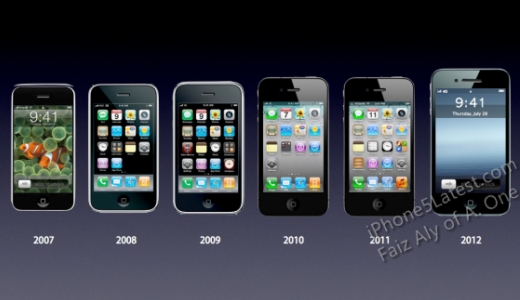
Rangkaian Artikel yang saya posting secara berseri ini saya kutip dari Buku The Apple Way : 12 Management Lessons from the World’s Most Innovative Company karya Jeffrey L. Cruikshank. Banyak Point dan pelajaran tentang management yang bisa kita ambil dari Perusahaan paling inovatif di Dunia ini. Mari kita belajar dari Keberhasilan dan Kegagalannya. Selamat Menikmati.
The same company, some of the same players, and some important, enduring philosophical threads—and yet, the outcomes of the Lisa and the iPod stories couldn’t be more different.
You could conclude that the two launches had nothing in common. You could conclude that because they were separated by almost two decades, in an industry characterized by nothing so much as rapid change, that there are no lessons to be teased out of them. But you would be wrong. Over the years, Apple learned from its mistakes and changed. As The New Yorker recently put it:
Even Apple Computer—once the most imperially self-reliant of companies—has changed. Steve Jobs used to fantasize about controlling everything down to the sand in Apple’s computer chips.
Today, Apple works contentedly with companies like Motorola and Hewlett-Packard.
You can’t do it by yourself, no matter how smart you are. Markets move too quickly, technologies grow too complex, and too many smart people are investing too much time and money in innovation. And, by the way, lots of those smart people are working in teams, trying to beat you out.
Well, for Apple, this was hard-won wisdom. (Jobs doesn’t give up on his fantasies easily.) That lesson—and many more like it—are captured in the following pages. And just as important, some things about Apple “didn’t” change.
Consider the following list:
■ Be intuitive.
■ Be consistent.
■ Conform to the ways in which people actually work.
■ Have enough performance to do the jobs that need doing.
■ Provide an open software and hardware architecture.
■ Be reliable.
■ Be pleasing and fit into an everyday work environment.
Now consider the following Steve Jobs quote:
We don’t underestimate people. We really did believe that people would want something this good, that they’d see the value in it. And that rather than making a far inferior product for a hundred dollars less, giving the people the product that they want and that will serve them for years, even though it’s a little pricier. People are smart; they figure these things out
If someone asked you which of these two scraps of writing described the Lisa and which was about the iPod, there are probably enough clues to let you figure out which is which. (The bulleted list comprises the original specs for the Lisa, most likely determined by Jobs himself sometime around 1979. The Jobs quote, from 2003, refers to the iPod.) But what’s interesting is how interchangeable they are, with only a few edits.

 RSS Feed
RSS Feed Twitter
Twitter






